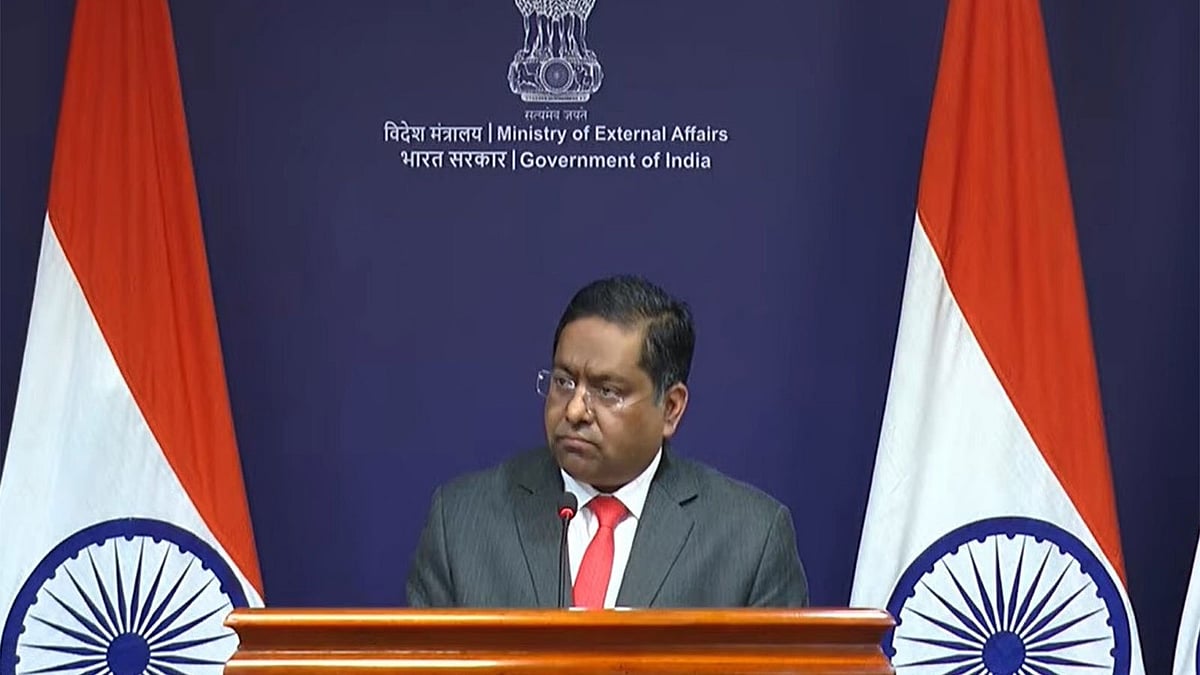The agony of millions of Class 12 students and their parents has finally come to an end, with the Central Board of Secondary Education proposing a 40:30:30 formula to the Supreme Court for computing their marks, following the cancellation of the make-or-break Class 12 Board exams earlier this month. The formula will compute the marks in the theory portion of the subjects based on the student’s performance as assessed by the respective schools’ internal assessment systems in Classes 12, 11, as well as the Class 10 Board exam performance.
As per the CBSE formula, which has been accepted by the Supreme Court, the marks for the practical examinations and internal assessment components will be based on the actual scores uploaded by the concerned school on the CBSE portal by July 15, after which the CBSE will declare the results by July 31. Since other boards of secondary education like the ICSE and several state boards had also cancelled the Class 12 exams subsequent to the CBSE’s decision to cancel the same, it is expected that they too, will follow the same formula to compute the marks and declare the results.
With this, the tension over the exams has finally ended for the hapless students and parents, with a clear end date in sight for publishing of results. This also means that the higher education system has been spared the problem of finding new ways to assess applicants for admissions into college courses. The status quo will continue, with marks-based admissions in most courses, apart from professional courses like engineering and medicine, which will continue to use a common entrance examination system to shortlist candidates.
Given that it was imperative that some sort of solution be found once the decision was finally taken to cancel the Class 12 Board examinations in view of the deadly second wave of the Covid pandemic, the CBSE and the Supreme Court must be commended for speedily bringing the matter to a close. However, the formula, while guaranteed to generate a result for every student, is by no means capable of generating a fair or accurate evaluation of a student’s performance.
For instance, the Class 10 syllabus and subjects are very different, with students tested in both humanities and sciences, whereas the Class 12 exams take place after two years of streamed study focus on science, commerce or arts groups of subjects. Giving standardised weightage to Class 10 results will hamper the chances of those who decided to drop one or the other stream for Class 12. It also does not take into account the different learning trajectories shown by different students. For example, a student who has improved with every outing after the Class 10 boards, and hence could be expected to improve further in the Class 12 boards, will now be treated the same as a student who has displayed a declining performance over the same timeframe, but whose high scores in Class 10 may help level out the averages.
The system also does not account for the huge variations in infrastructure, pedagogic capacity as well as internal assessment systems across the school system. India’s school system is a vast spread, ranging from ramshackle government schools at one end, to world-class private schools at the other. Both teaching and the measurement of learning outcomes differ wildly within this vast range. In fact, it is open to question whether many government schools, particularly in the less developed areas of the country, even followed a regular system of internal assessments, let alone ensure that these were properly tracked and recorded.
Further, even picking which scores to include has not been standardised. Each school will form a “results committee” which will decide whether to use marks from unit tests, the pre-boards, or some combination of the two. Needless to say, both performance and marks scored by a student may vary sharply, depending on the system a particular school picks, leaving any possibility of comparison of performance across schools – which is what the final Class 12 assessments should ideally indicate – well nigh impossible. The problem is worse compounded by the fact that several states have decided to stick with delayed exams. Tripura, for instance, has gone one step further and reduced the “portions” for the Classes 10 and 12 boards by a third, which means Tripura students will be evaluated by a totally different yardstick.
The pandemic-induced pause had provided a golden opportunity to reset India’s school education and evaluation system. Unfortunately, the boards tasked with this – whether the CBSE/ICSE or the state – have displayed an inability to think outside of the box and fix an increasingly compromised system which was being easily ‘cracked’ by those with money power, privilege or persistence, while unfairly punishing those without. Having a system which first imparts necessary skills to students and a testing system which accurately measures learning outcomes, and not memory power, is the need of the hour.




